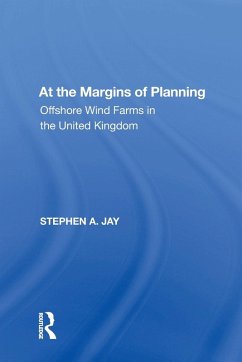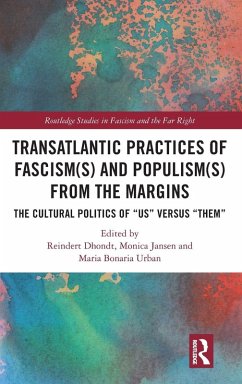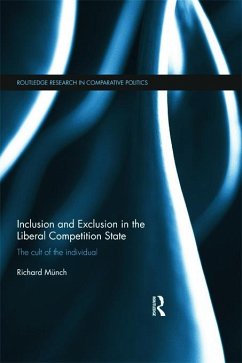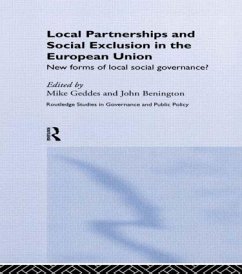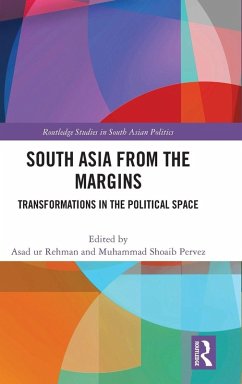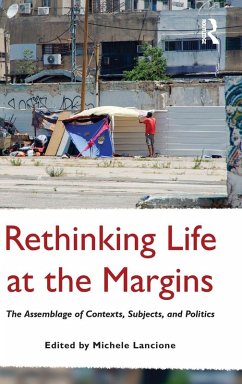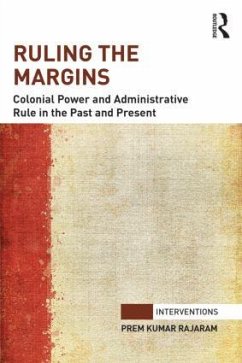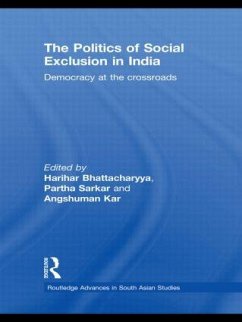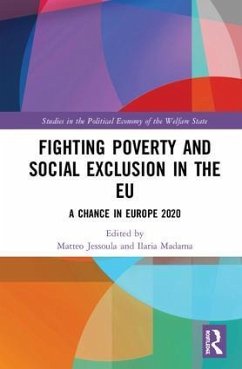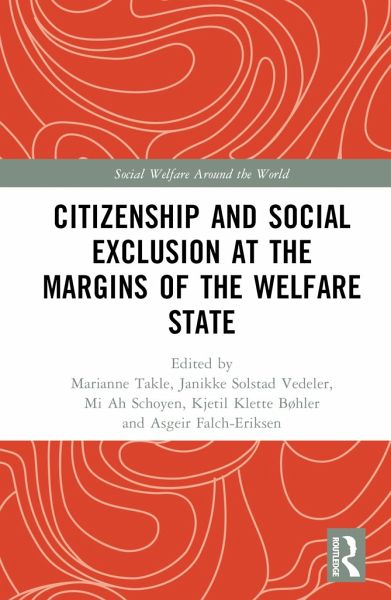
Citizenship and Social Exclusion at the Margins of the Welfare State
Versandkostenfrei!
Versandfertig in 1-2 Wochen
171,99 €
inkl. MwSt.
Weitere Ausgaben:

PAYBACK Punkte
86 °P sammeln!
This book presents a critical account of how citizenship unfolds among socially marginalised groups in democratic welfare states. Legal, political and sociological perspectives are applied to offer an assessment of the extent and depth of citizenship for marginalised groups.





